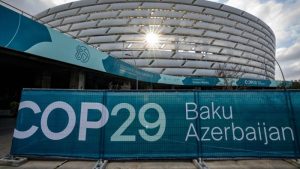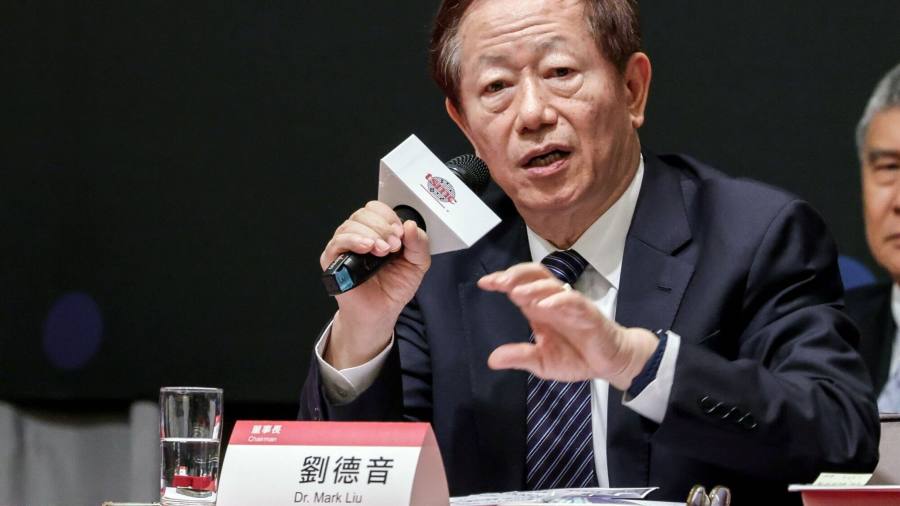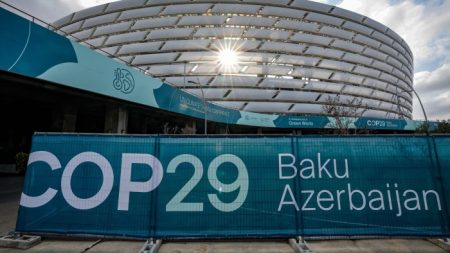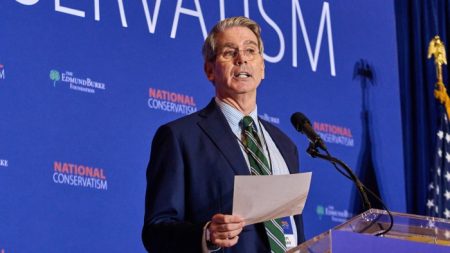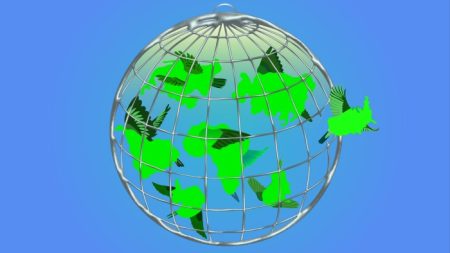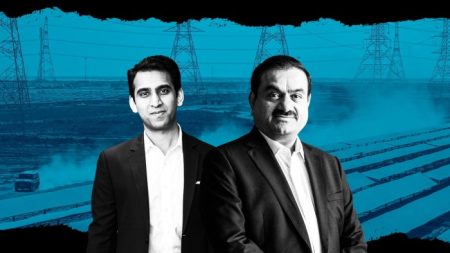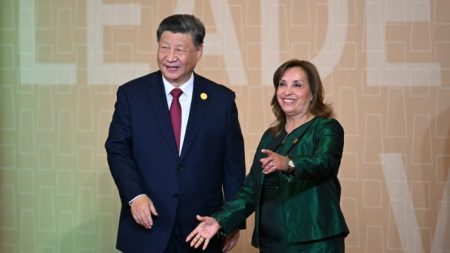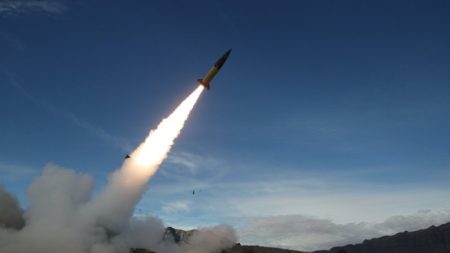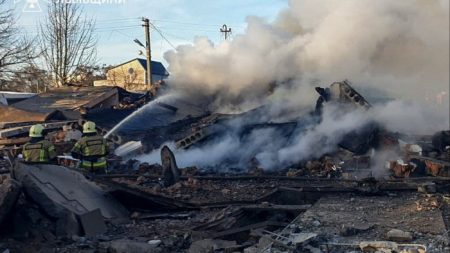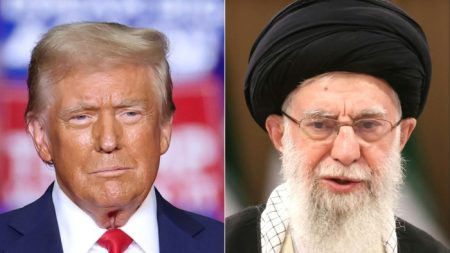TSMC has defended its push to diversify manufacturing beyond the company’s native Taiwan as a vital step to secure the future of the world’s largest contract chipmaker, amid increasing geopolitical tensions.
Taiwan Semiconductor Manufacturing Company’s overseas expansion plans have triggered concerns at home, with shareholders challenging management at its annual meeting on Tuesday. They asked chair Mark Liu to explain the rationale behind his decision to invest $40bn in two fabrication plants in the US, build another one in Japan and consider one in Germany.
Liu said the company needed to globalise to retain and expand its technology and manufacturing leadership. The initial decision to invest in a fabrication plant in Arizona had been triggered by demands from customers in 2018 that the company made available capacity in the US for defence and sensitive infrastructure-related products.
“Going to the US is not all downside, it is not just about additional cost, but it is a long-term development direction for TSMC,” he added. “How can we keep our position as global technology leader in the coming 10 to 20 years? That has to do with the question whether Taiwan has enough talent, whether Taiwan has enough research and development. We must not assume that our current success will continue in the future.”
Liu’s comments marked the first time geopolitics has taken centre stage at a TSMC annual meeting — a change sparked by the mounting competition between the US and China. Their battle for tech supremacy is piling pressure on the Taiwan-dominated global tech supply chain to take sides, while China is responsible for a growing military intimidation campaign against Taiwan.
There are fears of catastrophic supply chain disruptions if China were ever to attack Taiwan, with more than 90 per cent of the world’s most advanced semiconductors made in the country. However, Taipei has pushed back against pressure from the US and other governments for TSMC to move chip production outside Taiwan.
The capacity TSMC is building overseas accounts for less than 10 per cent of its total capital investment. CC Wei, chief executive, reassured shareholders that the lion’s share of capacity at N3, the most advanced process technology currently in mass production, as well as the next two generations, N2 and N1.4, would remain in Taiwan.
Liu expressed cautious optimism that governments both in the US and Germany would support TSMC with the subsidies and supply chain backing it needed to make its overseas plants profitable.
In current negotiations over the company’s plans to build a fabrication facility in Dresden, “the feeling is not bad”, Liu said. He added that there were some gaps in Germany’s supply chain and labour, but Berlin was promising a rapid build-up of capabilities.
In the US, he said the commerce department was open to addressing TSMC’s concerns over some preconditions for subsidies foreign chipmakers see as vital to bridge the cost gap with fabrication plants in Asia.
“Their goal is to make these investments in the US competitive. So as long as we don’t violate US national security, they will be able to accept,” Liu said. He argued that part of the high costs in the US was down to the fact that there had been barely any investment in chip manufacturing in the country for many years.
“Once this effort gets up to a certain scale, these costs will start coming down,” he added.
Read the full article here

